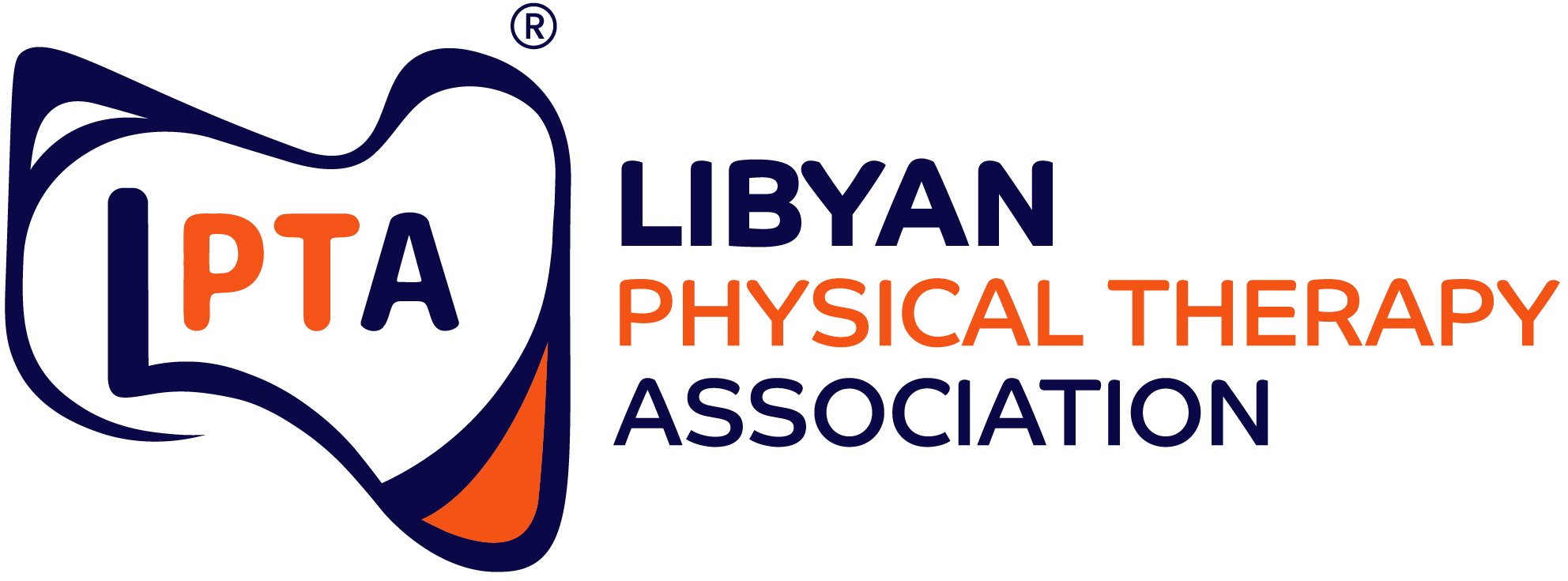As the physical therapy profession worldwide aligns with the World Confederation of Physiotherapy (WCPT) to ensure universal high standards that meet society’s need for the reconceptualization of physiotherapy and health, the LPTA publishes this document outlining Libyan physiotherapists’ ethical responsibilities. This document seeks to better serve Libyan communities and individuals in need, in accordance with the WCPT.
The Audience for this document:
- All active practicing physiotherapists in the State of Libya.
- All Libyan schools of physiotherapy.
- All physiotherapy trainees who are in direct contact with physiotherapy clients.
- Government officials and related administrations.
- Current and/or future syndicates overseeing physiotherapy practice regulations.
- All referral sources and medical professionals directly and/or indirectly related to physiotherapy practice.
- All current and potential clients receive physiotherapy services.
Code of Ethics
Obligatory moral and professional standards to be understood and adhered to by physiotherapists and physiotherapist assistants in the State of Libya. These standards govern their practice and/or self-presentation when interacting with individuals, communities, and institutions.
LPTA Code of Ethics (Derived from WCPT):
Excellence: Physiotherapists in the State of Libya, whether experts or recent graduates, shall enhance their competence and expertise through lifelong learning via formal educational institutions and/or registered scientific associations (e.g., LPTA). This is required to meet current and future expected physiotherapist competency standards. “Verily, Allah loves that when one of you does a work, he should perfect it” (Prophet Muhammad, peace be upon him).
Local Compliance: Physiotherapists in Libya must always comply with Libyan laws and regulations governing the practice of physiotherapy, as issued by official regulatory bodies and associations.
Competency Awareness: Physiotherapists should understand their actual competence within the scope of physiotherapy practice and make judgments regarding the provision of services and referrals accordingly. “Whoever deceives us is not one of us” (Prophet Muhammad, peace be upon him).
Applicable Examples of Competency Awareness:
- You must use appropriate consultation whenever needed.
- Do not perform cervical manipulation if you are not appropriately trained or certified to do so.
- Do not treat self-referred clients/patients if you are not trained to review and screen conditions that warrant referral to other medical professionals.
Responsibility: Physiotherapists should independently judge and provide only those services for which they possess the necessary knowledge and skills. Physiotherapists are fully responsible for their delegated patients in terms of appropriate assessment, goal setting, and intervention.
Honesty and Accountability: Physiotherapists should always maintain professionalism throughout the following areas:
- Ensure that clients understand the cost, anticipated goals, and prognosis of their condition and the service being provided.
- Deliver timely, patient/client-specific physiotherapy intervention in line with the treatment goals.
- Maintain appropriate and honest records of clients’ assessments, follow-up visits, and events.
- Do not disclose patient/client information to a third party without the patient’s/client’s consent, unless required by law.
- Participate in peer review and evaluation of practice, and ensure such information is not disclosed to a third party without the physiotherapist’s permission.
- Comply with mutual data-sharing agreements with professional agents, while ensuring adherence to previously clarified confidentiality ethics.
Quality: Physiotherapists should commit to providing equitable, inclusive, and high-quality services by:
- Pursuing continuing professional development and keeping up with the current evidence-based and best available practice to enhance professional skills and meet current standards of competency and professional autonomy.
- Supporting research contributions and quality education, while ensuring compliance with medical research ethics.
- As a physiotherapy employer, ensuring employees’ qualifications and requirements are fulfilled.
- As a physiotherapy employer, ensuring and monitoring the development and implementation of policies and procedures. Also, ensure employees’ awareness of all policies.
- As a physiotherapy employer, ensuring the evaluation of clinical practice and providing adequate educational opportunities to staff.
Dignity: Physiotherapists should respect the personal dignity and privacy of all individuals.
- Everyone seeking physiotherapy services has the right to be served professionally and with the physiotherapist’s full integrity, regardless of age, gender, race, nationality, religion, ethnic origin, worldview, color, sexual orientation, disability, health status, or policies.
- Prior to physiotherapy treatment, everyone seeking services has the right to be informed about physiotherapy procedures and given the choice to receive or refuse the service.
Research Ethics: As physiotherapists are required to support research and academic education, they must be aware of medical research ethics, as researchers may unintentionally compromise patients’ rights and dignity. Therefore, physiotherapists directly or indirectly involved in research should ensure:
- Participants (subjects/patients) have provided informed consent.
- Researchers have obtained approval from the responsible bodies.
- Subjects’ safety, confidentiality, and well-being are protected.
- All patients must receive correct treatment regardless of group assignment (Declaration of Helsinki). In other words, there should not be any “no intervention group” for unhealthy individuals seeking care!
- Appropriately acknowledge all assistance and support provided.
Trustworthy: It is the physiotherapist’s duty to ensure that fees charged for physiotherapy services are domestically reasonable and reflective of service effort and quality, regardless of the payer’s level. However, physiotherapists should not assume the position of “money keeper” by directly receiving payments from the patient/client or negotiating service costs, unless recommended by charity care policies and aligned with ICF considerations (e.g., discounted or indigent care for uninsured, low-income individuals).
Community Needs and Health Promotion: To ensure public well-being and service access, physiotherapists shall participate in:
- Public education, awareness, and appropriate advertising about the physiotherapy profession and healthy movement.
- However, physiotherapists, or those acting on their behalf, must not use false, fraudulent, misleading, deceptive, unfair, or sensational statements or claims about physiotherapy services. For example, do not advertise physiotherapy using the word “relaxation massage offer.”
- Service planning to ensure optimal community health benefits.
By the Libyan Physical Therapy Association (LPTA) 23/10/2025
